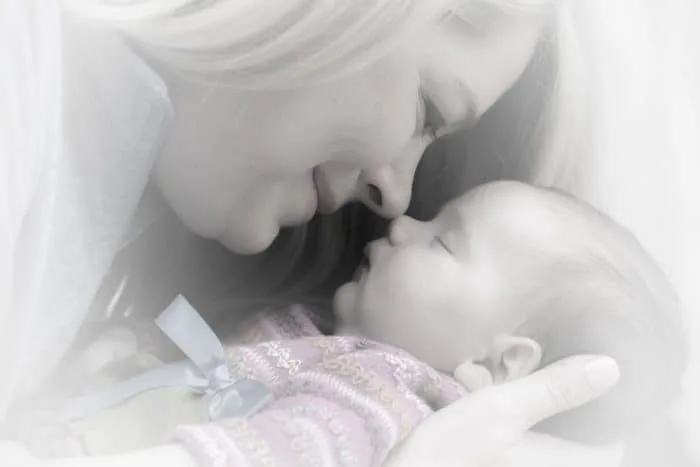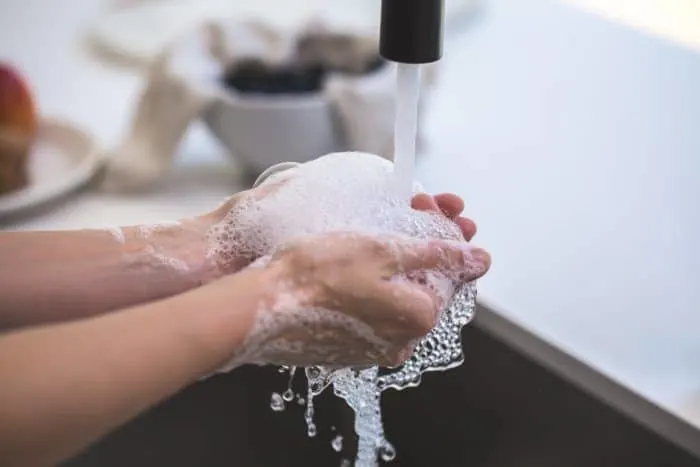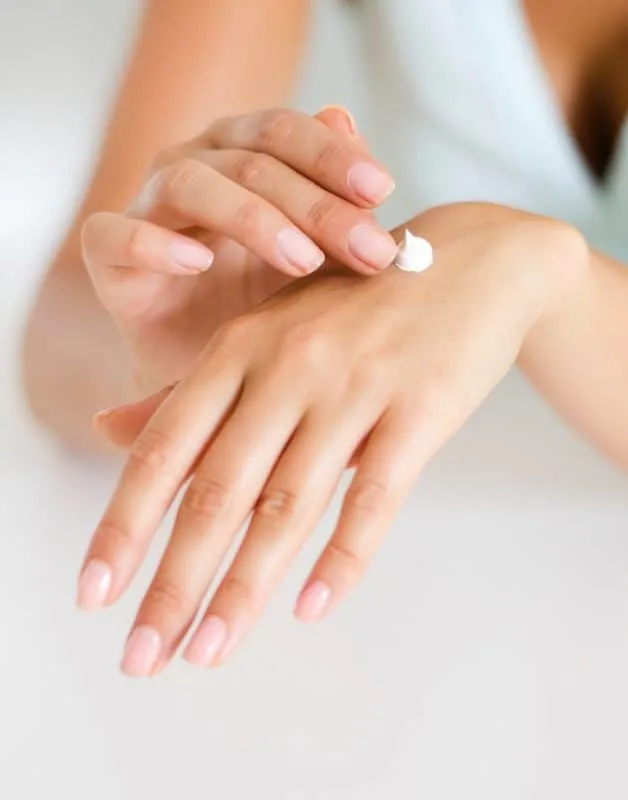Here are hygiene tips for new mothers. Because if you are not healthy and hygienic, it could affect your baby’s health.
You have your first baby—congratulations!
As a new mom, you need to take special care of your baby’s cleanliness and hygiene to ensure their wellbeing.
Your baby’s health depends a lot on your health.
Remember: a healthy mom equals a healthy baby.
Essentially, taking care of your hygiene should start right from your pregnancy.

Adjustments to Motherhood
As a new mom, you will face challenges adjusting to your everyday life after giving birth to your baby.
Although it’s important to care for your baby, you also have to care for yourself.
Most new mothers don’t return to work for at least the first six weeks after birth.
This allows tired parents to adapt and develop a new normal.
Since a baby has to be fed and changed often, you may face sleepless nights.
Even nestling in your cozy sofa can be frustrating and tiresome.
Hence, consider using a sleep calculator to plan your sleep routine with your baby and still have a good night’s sleep.
In the meantime, here’s what new moms do to keep themselves clean:
Always wash your hands
Newborns don’t have a robust immune system yet, so they’re at risk for infection.
The CDC recommends proper handwashing at proper intervals as the best way to keep the bacteria from spreading around your house.
Also, this will prevent you from getting diseases and keep your baby away from sicknesses like cold, flu, or stomach infections.
According to research on NCBI, among new mothers, hand washing was rare, especially before preparing food and eating.
Come to think of it, and you are feeding your baby with unclean hands.
Isn’t that scary?
Having your hands are contaminated with bacteria that can significantly affect your baby’s health-or worse can lead to death.
When water and soap are not available and hands are not visibly dirty, you can use hand wipes or alcohol-based hand sanitizers.
Look for hand sanitizers with 60-percent or more alcohol for best sanitizing.
Keep sanitizers out of the reach of children because they may be harmful if swallowed.

When to wash your hands
Around baby
Always wash your hands:
before breast or feeding
after changing your baby’s diapers
after contact with blood or other body fluids (vomit, mucus, saliva)
before picking up or playing with your baby
At home
Always wash your hands:
- before you eat
- before and after changing maternity or sanitary products
- before giving or taking medicine
- before and after you use the toilet
- after cleaning your organic mattress
- after handling animals or their food, toys, leashes, or waste
- after touching anything like your bedroom rugs
- whenever your hands look dirty
Change your nursing bra daily.
The rule-of-thumb for new mothers for using a nursing bra: make sure that you’re changing your nursing bra daily.
Nursing bras tend to get dirty faster and fester bacterial growth than regular bras.
Since you’re breastfeeding, you don’t want to take any risks- it’s better to be safe than sorry.
If you’re changing it twice or thrice a day, you do not need to clean your nursing bra aggressively.
However, if your bra label has specific instructions on cleaning, carefully follow them.
Avoid using scented soaps, lotions, and alcohol.
Even though it’s not necessary to clean and wash your nipples after each feed, you can rinse them with warm water and a clean towel after every three feedings if you feel the need to do so.
It is still best to wash them once a day when you shower.

Although breastfeeding may delight new moms, it may also bring some painful side effects.
You may find a solution from nipple cream or lotions to the struggles of your sore and sensitive nipples.
However, avoid using scented shower gels, lotions, and soaps.
When you wash your nipples, avoid using scented soaps and shower gels.
Don’t use wet wipes that contain alcohol too.
These products can make your skin dry, damaged, and cracked, making it difficult to breastfeed.
Instead, use natural, herbal soaps or a gentle, unscented body wash.
Keep your breast pump clean after every use.
As you start breastfeeding, rub a small amount of breast milk into your nipples as you are done feeding.
Allow your nipples to breathe.
Give as much air as possible to your nipples.
The release of this fluid often leads to damp and itchy breasts.
Thus, it becomes necessary to keep your breasts and the areas around them clean.
Aside from your breast, your breast’s equipment for breastfeeding needs care, too —your breast pump.
When it comes to cleaning your breast pump, there shouldn’t be any sharing of cleaning equipment.
This means you do not use the brush or sponge to wash kitchen dishes or other children’s bottles to clean your breast pump accessories.
If possible, have a dedicated washbasin for washing your pump parts.
The standard kitchen sink may have a host of germs lurking around unbeknownst to you!
This is another crucial breastfeeding hygiene tip you should keep in mind.
To be extra safe — for you can never be too safe when it comes to your baby — boil or steam the parts.
Change sheets regularly
Since newborn babies have weaker immune systems, they quickly acquire infections from unclean surroundings.
Prolonged exposure to bed sheets that become a hotbed for germs is hazardous to their health and wellness.
To protect the place where your baby rests their head every night, make sure you change your bed sheets once in a few days or more often if there is an overflow of the diaper into the bed.
This will prevent buildup in your baby’s bed.
Also, make sure to wash their sheets at least once a week and a little antiseptic liquid in the rinse cycle.
Initially, you can vacuum both sides of the mattress and scoop up any loose debris underneath it.
If the baby’s mattress is waterproof, wipe it down with a baby wipe.
If it isn’t waterproof, mix ¼ cup hydrogen peroxide, ¾ cup water, and ½ tsp—dish soap.
Dip a microfiber cloth into the solution and wipe down the mattress.
Then, wash all the sheets and blankets.
If you have too dirty furniture even to try cleaning, you might want to check out products from Resident Home to give your home a much-needed, modern makeover.
Keep in mind
Throughout your journey as a new mother, one of the most important tasks to prioritize is to keep good hygiene.
Always remember that the health of your baby depends on your health.
Hence, you will be breastfeeding a lot and keep you and your baby healthy.
It’s a chance for you to form a strong bond with your newborn and spend quality time with them.
With such simple ways of maintaining proper hygiene, you can prevent infections in you and your baby.
